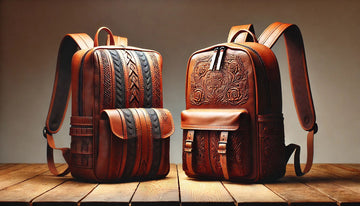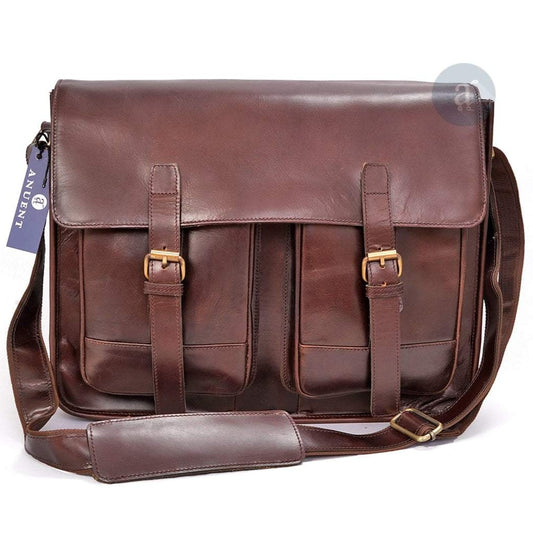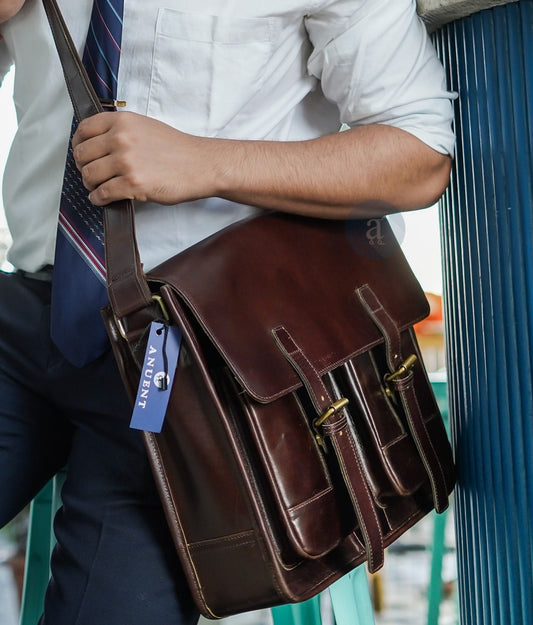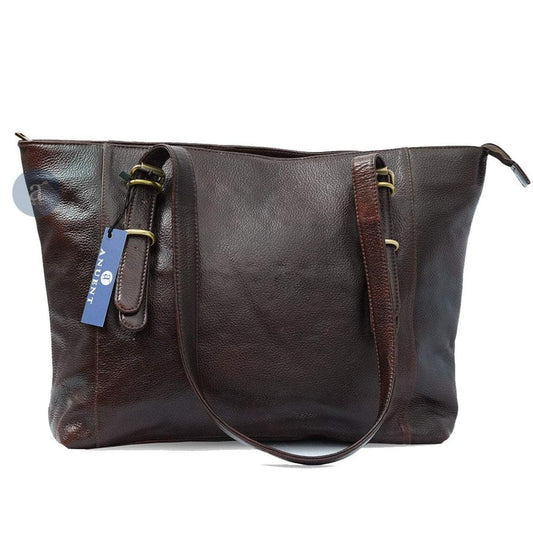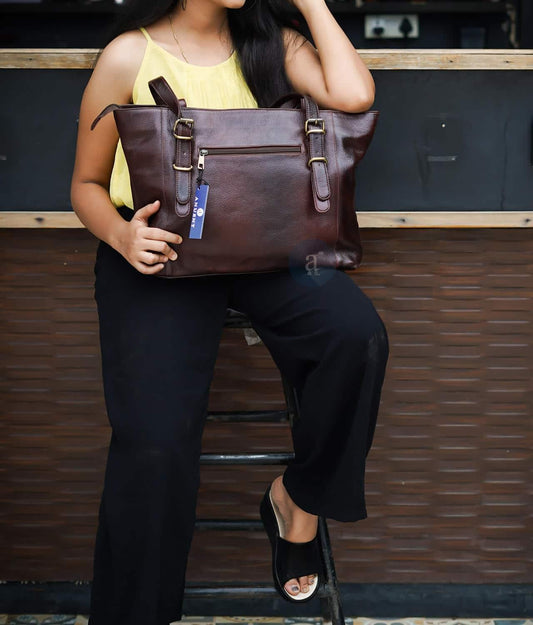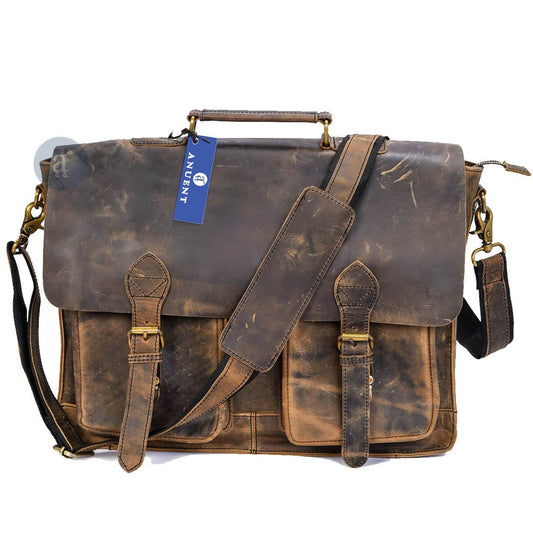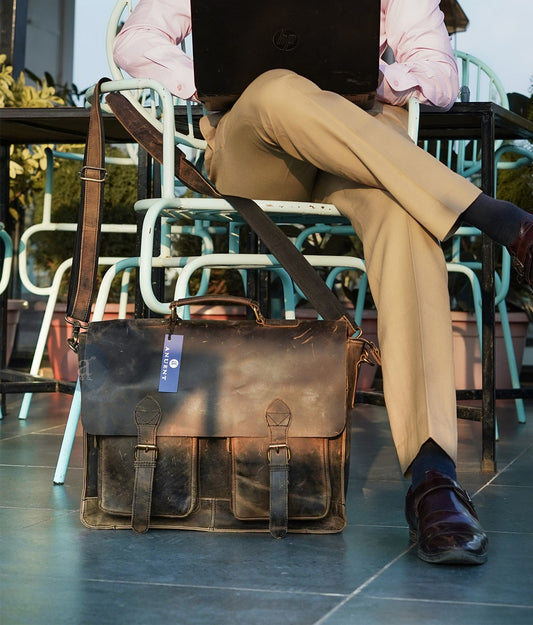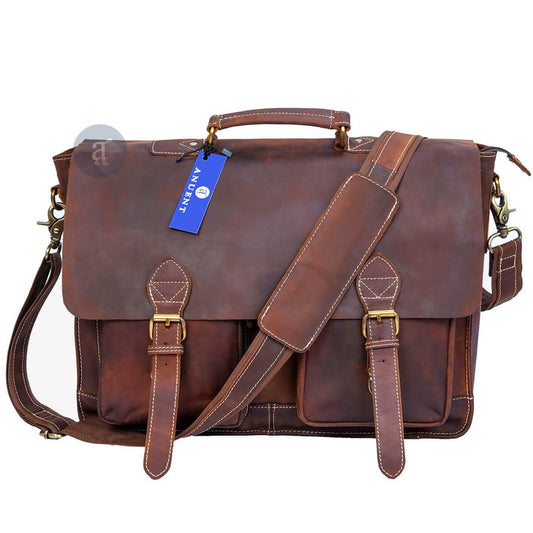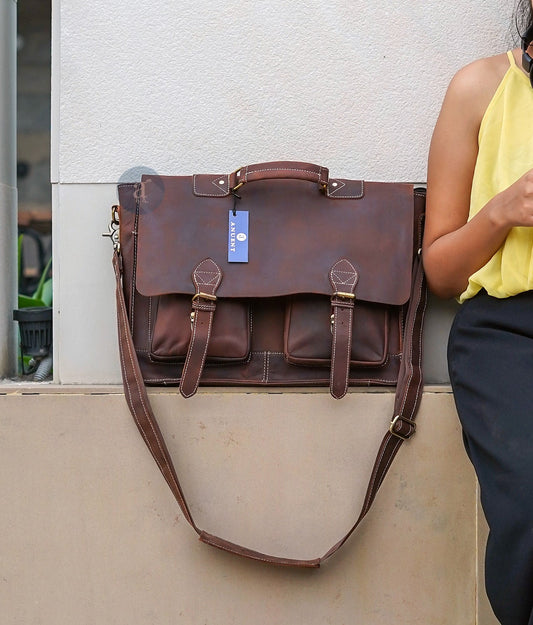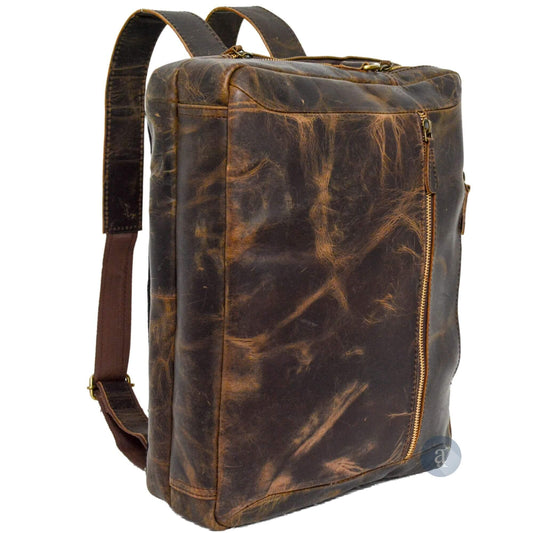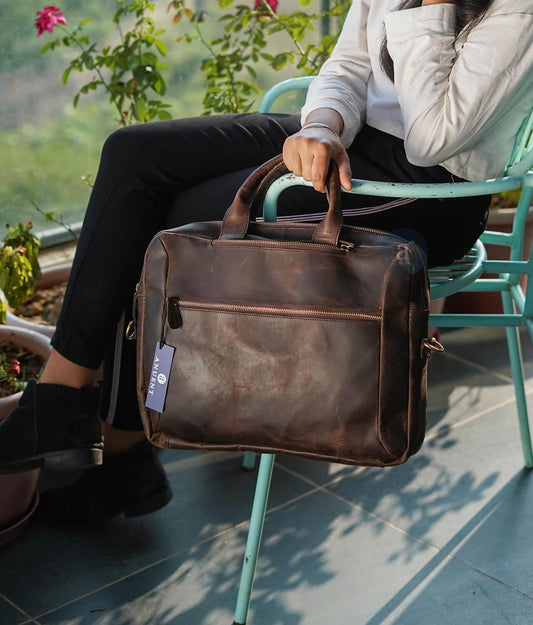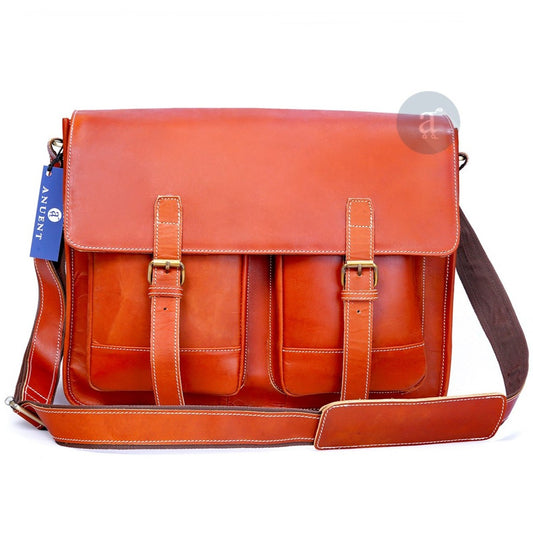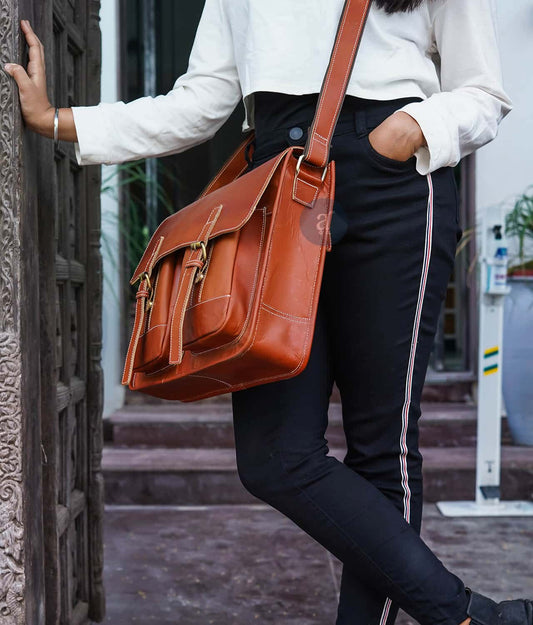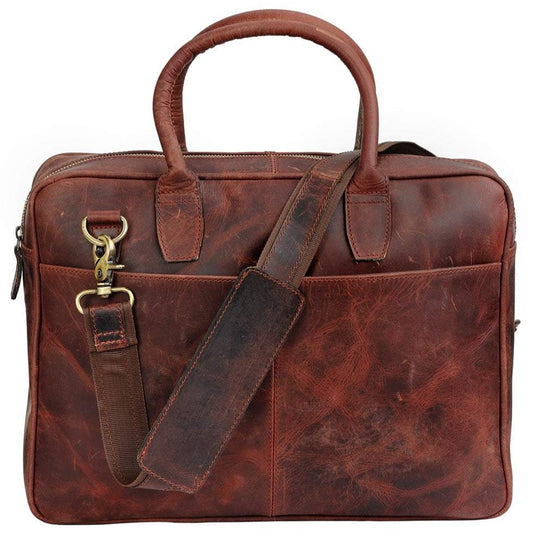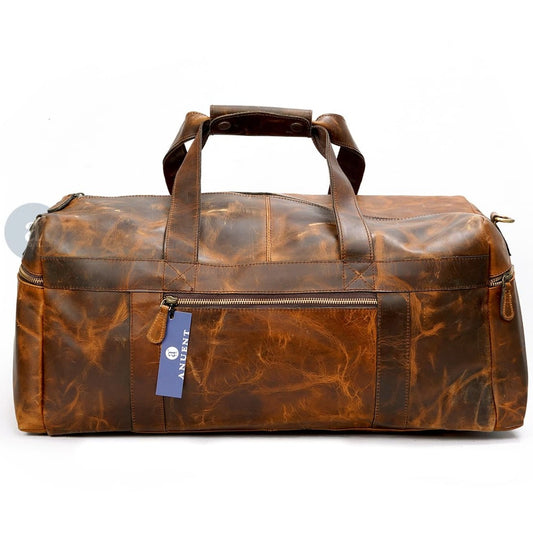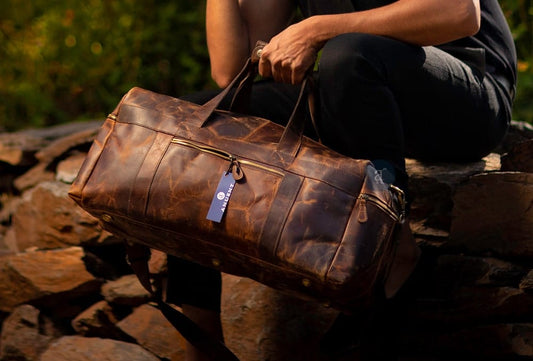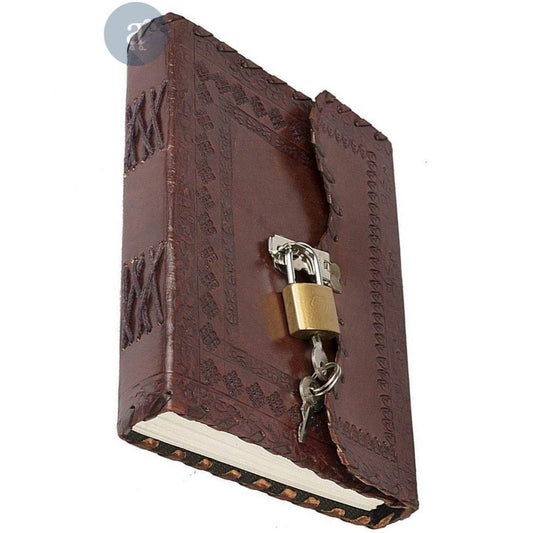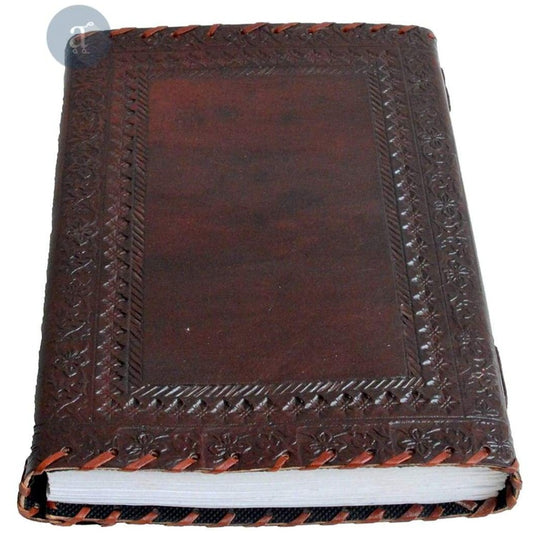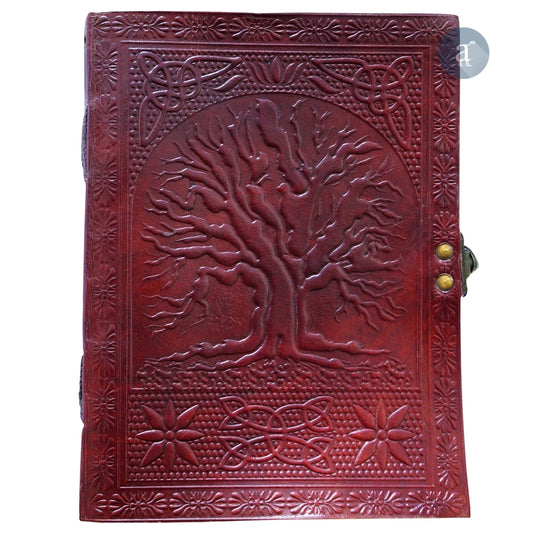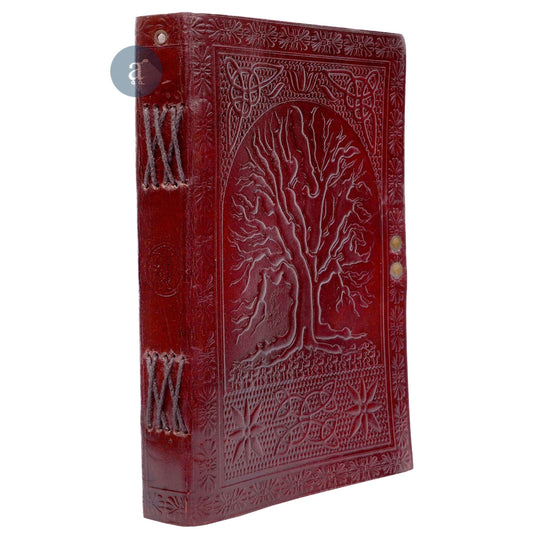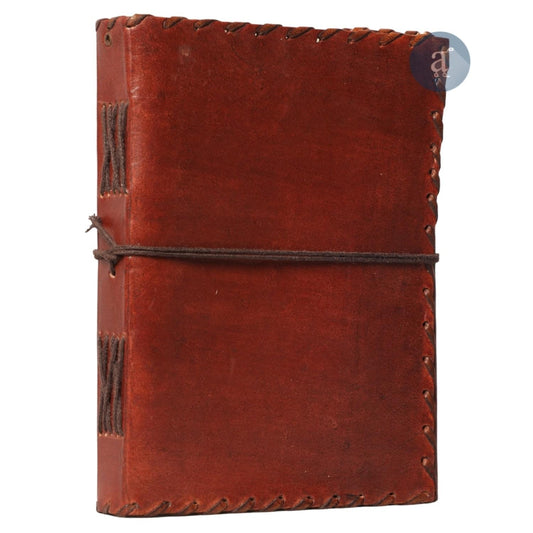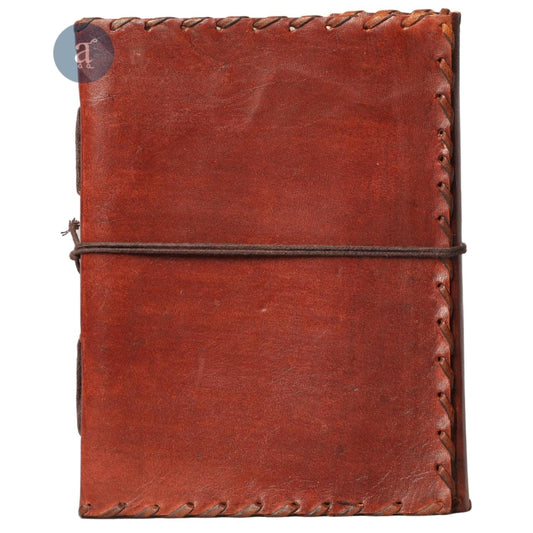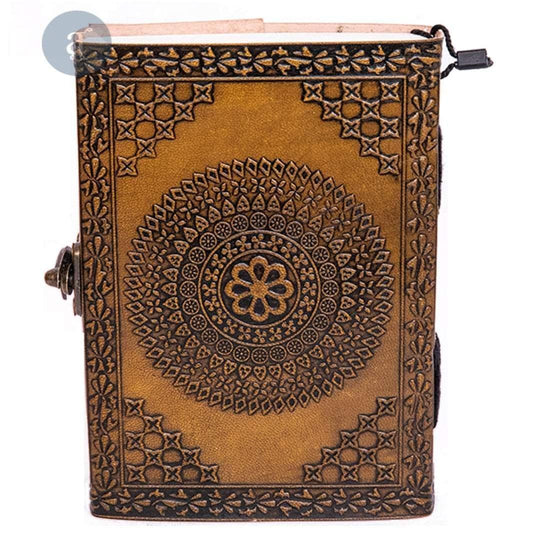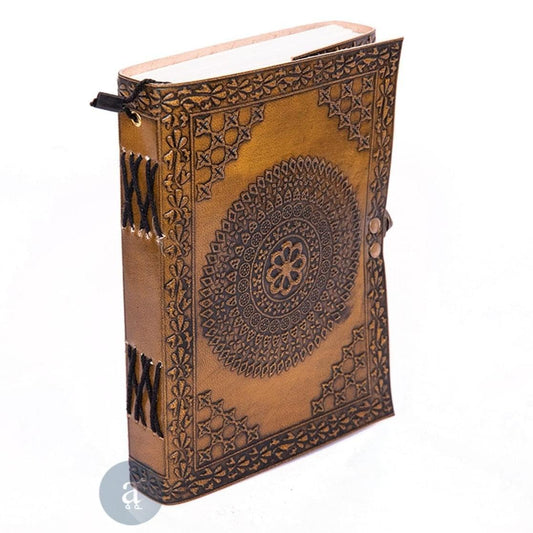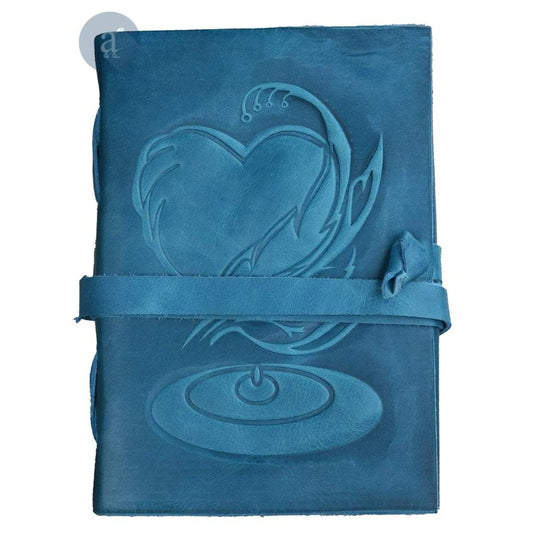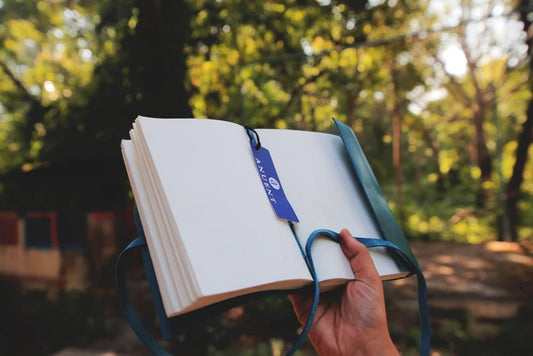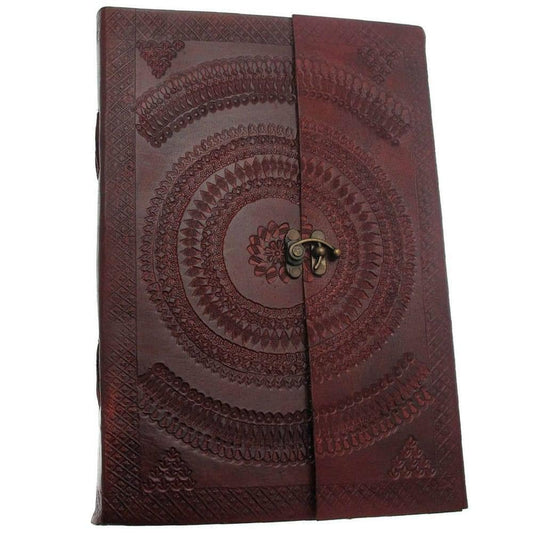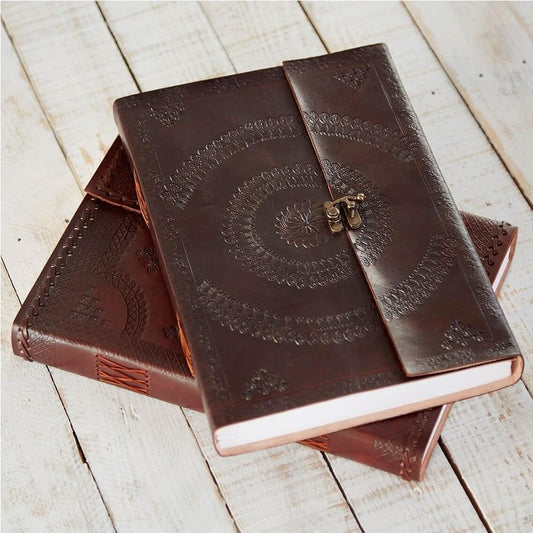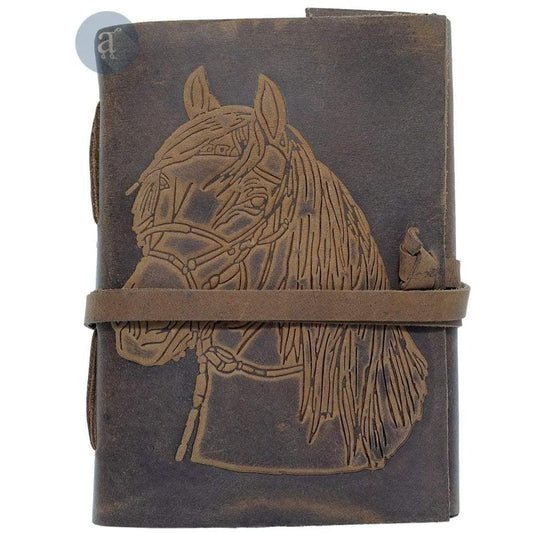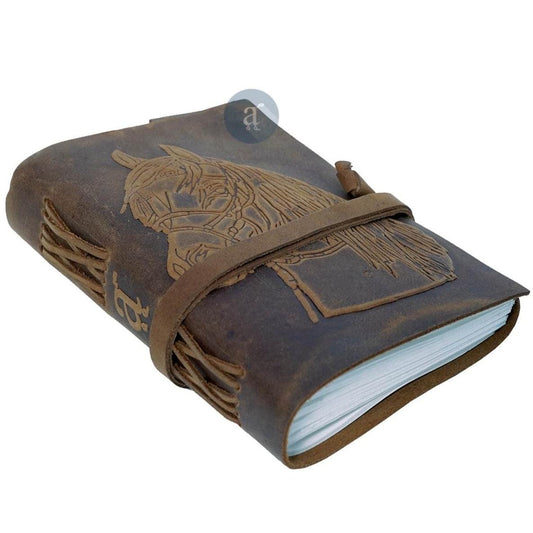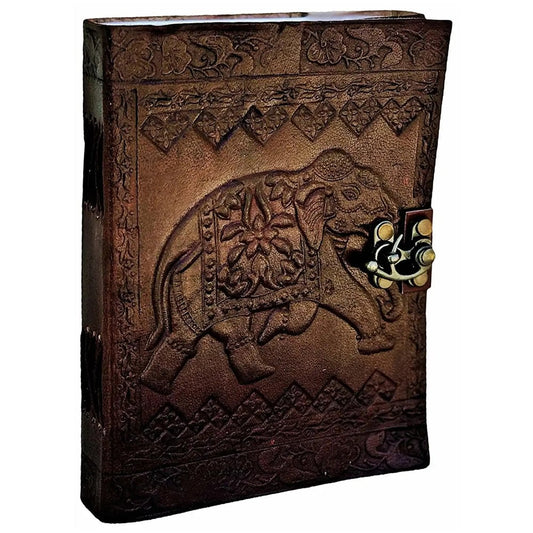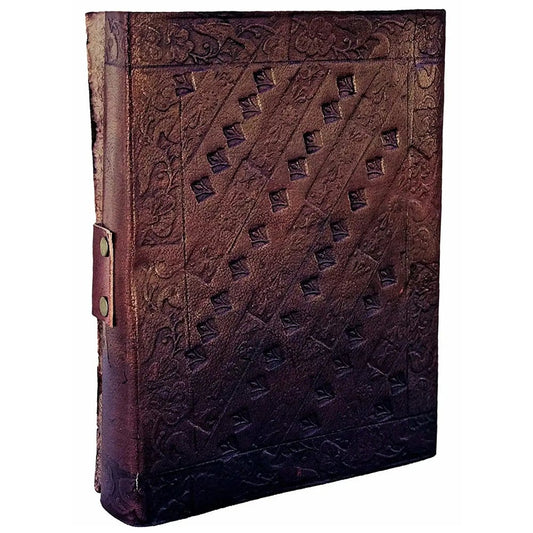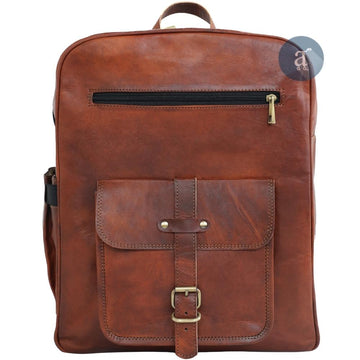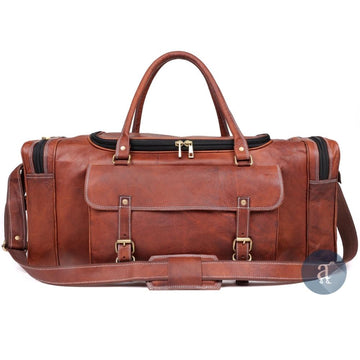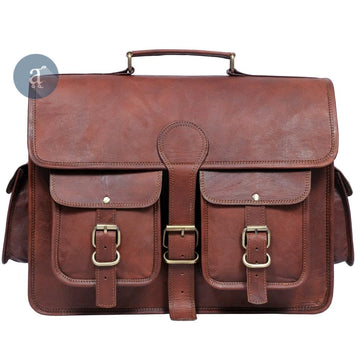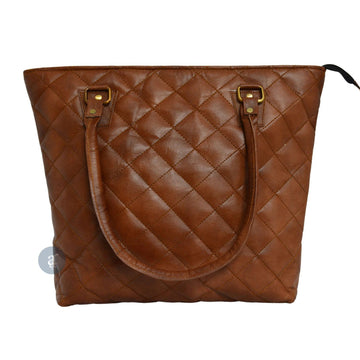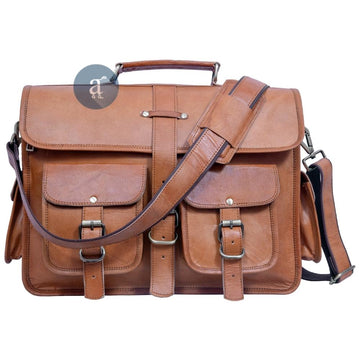Picture this: you’re wandering through a lively market, leather’s rich aroma filling the air, when a rugged leather backpack grabs your attention.
The seller insists it’s handmade, but can you trust that claim?
Is it a masterpiece stitched by human hands or a factory clone?
Knowing the difference matters—it’s about quality, value, and the story you carry.
Here’s your guide to spotting a handmade leather backpack versus a machine-made one.
Curious about the benefits of using a leather backpack over canvas or nylon?
That’s a bonus perk of digging into this craft.
Ready to play leather detective?
Let’s get started.
Key Points:
- Handmade bags often feature saddle stitching—uneven, strong, and charming.
- Machine-made bags use lockstitch: straight, uniform, and prone to unraveling.
- Look for natural, textured edges in handmade, smooth, precise ones in machine-made.
- Full-grain leather signals handmade quality; top-grain often means machine-made.
- Unique designs and slight imperfections hint at artisanal work, while perfection suggests machines.
Stitching tells a tale
Stitching is your first clue—it’s like a backpack’s DNA.
Handmade pieces often sport saddle stitching, where a single thread weaves a figure-eight pattern, leaving two slightly crooked rows.
Think of it as a winding river, full of character.
I once traced a saddle-stitched seam and felt the maker’s soul in every twist.
Machine-made bags?
They rock a lockstitch: a ruler-straight line, efficient but stiff.
Leather pro-Craig Wesley says, “Saddle stitching holds up better—one break doesn’t ruin it, unlike a machine’s lockstitch” (What is a Saddle Stitch in Leatherworking?).
Check those seams. Rustic or robotic?
Edges: the raw truth
Feel the edges next.
Handmade bags have a natural vibe—imagine the weathered hands of a craftsman.
Edges might be burnished or waxed by hand, showing subtle waves.
Machine-made ones are smooth as marble and cut with robotic precision.
Run your fingers along the rim. Is it a story unfolding or a sterile page?
WikiHow notes handmade edges might fray slightly, revealing the leather’s fibrous heart (How to Identify Genuine Leather).
It’s a quiet sign, but it shouts craftsmanship.
Materials whisper quality
What’s the leather telling you?
Handmade bags often use full-grain or top-grain leather—the premium stuff with natural grain and quirks.
It’s like aged whiskey, deepening over time.
Machine-made opts for top-grain or “genuine” leather—less durable, more polished, but missing that raw charm.
Want to dive deeper into genuine vs. faux leather backpacks?
It’s a game-changer for spotting quality.
Look inside. Natural marks or flawless finish?
Pull Quote: “Full-grain leather is like a fingerprint—no two pieces are the same, and that’s handmade magic.” — Leather Artisan Insight.
Construction: perfection vs. personality
Take in the whole bag now.
Handmade ones are like snowflakes—unique, with quirks like off-kilter straps or handset rivets.
Machines churn out symmetry, every stitch in line.
I once snagged a handmade bag with the maker’s initials inside—a flaw that made it perfect.
Esquire advises, “Quality leather goods show the maker’s touch in tiny details”.
Does your bag feel alive or assembly-line?
For more on what makes a bag top-notch, check out what to look for in a high-quality leather backpack.
Labels and price: the hidden hints
Don’t ignore the small stuff.
Handmade bags might have hand-sewn labels or a maker’s mark—sometimes a note about its craft.
Machine-made tags are printed, glued, or sewn with cold precision.
Price matters, too—handmade labor costs more.
If it’s dirt cheap, it’s likely machine-made.
Von Baer suggests checking the brand—artisans love flaunting their work.
Ever wonder why that “leather” deal felt off?
Your detective challenge
Time to get hands-on.
Grab a leather backpack—yours or a friend’s—and investigate.
Is the stitching a rugged path or a straight shot?
Are the edges textured or slick?
Look for leather quality and personality.
Share your findings in the comments—I’m dying to hear!
Compare two bags if you can.
It’s a treasure hunt, and the reward is knowing your gear’s true story.
A tale of two backpacks
Back at that market, I faced a choice: one bag with uneven stitches and waxy edges, another sleek and flawless.
The first was handmade, crafted by a local who’d poured hours into it—hours I later learned more about in how leather backpacks are made.
The second?
A factory job, efficient but empty.
I picked the handmade one—not just for quality, but for the tale it told every time I wore it.
Which would you choose?
Conclusion
You’re now equipped to uncover whether a leather backpack is handmade or machine-made.
It’s in the stitches, edges, materials, construction, and even the price tag.
Next time you shop, don’t just grab a bag—dig into its roots.
You might snag a piece that’s more than gear—it’s a companion with a heartbeat.
What’s your go-to clue?
Drop it below, and let’s geek out over leather together!
Frequently Asked Questions
Q. What’s the biggest sign a backpack is handmade?
A. Saddle stitching—those uneven, sturdy rows—is a dead giveaway of handwork.
Q. Can machine-made bags use full-grain leather?
A. Yes, but it’s rare—full-grain shines in handmade bags for its natural beauty.
Q. Why are handmade bags pricier?
A. It’s the labor—hours of skilled work versus a machine’s quick churn.
Q. Do all handmade bags have imperfections?
Not always, but slight quirks often show the human touch over machine perfection.
Q. How do I spot a fake ‘handmade’ label?
A. Check the stitching and edges—machine precision can’t hide behind a fancy tag.

